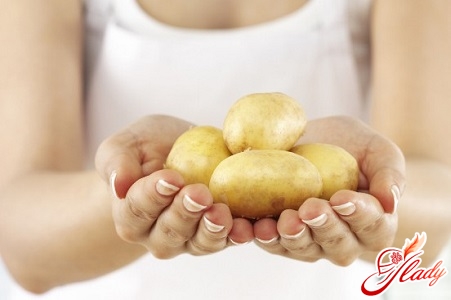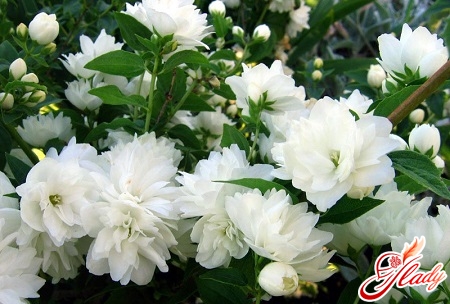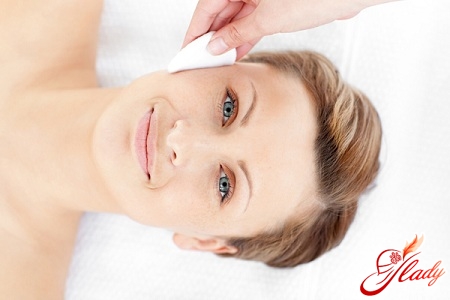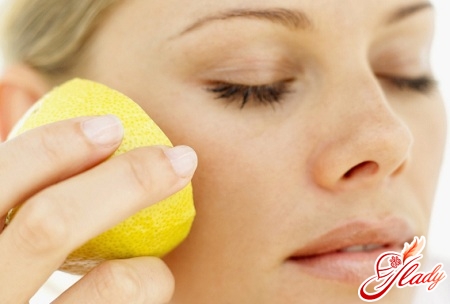 Tea is an amazing drink.It invigorates in the morning, calms in the evening, warms in the winter, and quenches thirst in hot weather. Black tea is good for health (in particular, for our cardiovascular system, gastrointestinal tract), and also helps to preserve the beauty and youth of our skin. Benefits and harms always go hand in hand. However, this miracle drink, known to mankind for almost four millennia, has many more beneficial properties than harmful ones. In fact, using the word "harm" in relation to tea is simply inappropriate. Rather, we can talk about some contraindications for people with certain health problems. For a healthy person, the benefits of tea have long been proven, and we want to convince you of this once again.
Tea is an amazing drink.It invigorates in the morning, calms in the evening, warms in the winter, and quenches thirst in hot weather. Black tea is good for health (in particular, for our cardiovascular system, gastrointestinal tract), and also helps to preserve the beauty and youth of our skin. Benefits and harms always go hand in hand. However, this miracle drink, known to mankind for almost four millennia, has many more beneficial properties than harmful ones. In fact, using the word "harm" in relation to tea is simply inappropriate. Rather, we can talk about some contraindications for people with certain health problems. For a healthy person, the benefits of tea have long been proven, and we want to convince you of this once again.
From the history of the drink ...
The botanical name of tea indicates itsOrigin: Camella sinensis – Chinese camellia. It is the wild tea bush that grew in the southeastern provinces of China that is the ancestor of all the varieties of this plant known today. From there it spread throughout the region – since time immemorial, tea has been grown and drunk in Burma, Vietnam, and India. Japan stands apart, where they not only pay tribute to this drink, but also elevated tea drinking to the rank of high art. The tea ceremony in Japan is a real performance, in which the roles of each participant are clearly defined. Tea was brought to Europe, or more precisely to England, by English merchants as a gift for the royal family. This happened at the end of the 16th century. At first, due to the high price due to duties, tea was inaccessible to ordinary citizens, but over time the cost returned to normal, and the drink gained unprecedented popularity in the country. Tea leaves came to Russia in the 17th century, and then they were forgotten for almost 30 years. And in 1769, Russia signed a contract with China for the supply of tea. Interestingly, dried green leaves of the tea bush were initially used as raw material for the drink. Black tea, like all ingenious things, was invented completely by accident. One day, a batch of leaves got wet, they did not want to throw it away and decided to dry it. It turned out that this drink tasted completely different from the usual green tea, but it was also very good. This is how the industrial production of black tea began. Today we can buy a variety of black teas: large-leaf, small-leaf, baikhovy, granulated and bagged. It comes to our market from India, China, Sri Lanka, and some African countries.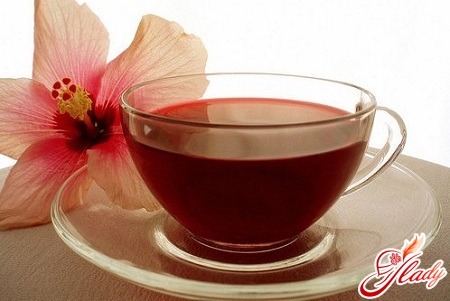
Useful properties of black tea
According to experts, black tea is good andsimply as a tonic drink (but more on that later), and as an excellent diaphoretic and antipyretic for colds, especially in combination with honey. Black tea lowers blood pressure and is good for stomach disorders. Strong sweet tea with milk is used for poisoning (alcohol, arsenic, drug overdose), it has a positive effect on the body even with radioactive contamination, binding strontium. The benefits, as they say, are obvious. Black tea has antibacterial properties - it perfectly neutralizes microorganisms that cause eye, abdominal, skin infections. The very first remedy, for example, at the initial stage of conjunctivitis is rinsing the eyes with freshly brewed strong tea. It is also used as an antibacterial agent for various oral infections. In addition, it has a positive effect on dental health, since it contains a significant amount of such a substance as fluorine, which is necessary for strong enamel. This is an undeniable benefit of black tea, especially for those people who suffer from caries. The presence of tannins helps fight intestinal infections. In case of diarrhea, strong brewed black tea removes unpleasant consequences literally within a few hours. Theophylline contained in black tea stimulates metabolic processes, helps control cholesterol levels, has a positive effect on capillaries, improving blood circulation, and strengthens the walls of blood vessels. During the research, scientists have found that regular consumption of black tea increases immunity and prolongs life. The benefit of black tea for the elderly is also that they maintain vigor and high performance for many years.
Cosmetic aspect of the beneficial properties of tea
Tannin, which we already mentioned above,slows down the aging process of tissues, that is, it acts as a kind of elixir of youth. The usefulness of tannin is manifested both when drinking tea as a drink and when using it as a cosmetic product. Tea leaves contain more than 200 useful substances: provitamin A, vitamins B, C, K, P, trace elements, essential oils, tannins, catechins, theotanine, caffeine. Tea has an antibacterial and rejuvenating effect, tones the skin of the face well, returns its freshness and healthy color. For oily skin, it is recommended to use a tea lotion, which is prepared in just a couple of minutes. Add a few drops of lemon juice to strongly brewed tea. Wiping your face with such a lotion, you will smooth out enlarged pores and improve your complexion. For dry skin, cosmetologists recommend toning masks made of strong tea and honey. Ice made from strong tea leaves is suitable for all skin types. Massage your face with it every morning – good tone and a fresh complexion are guaranteed. And for beautiful eyes, we recommend cold compresses made from strong tea. Tampons soaked in the tea leaves should be kept in the refrigerator beforehand. Tea baths are an excellent tonic, very popular in China. However, to get such pleasure, it is not at all necessary to go to China. You can make a tea bath at home. To do this, simply mix black and green tea (you will need about 5 tablespoons of the mixture) and brew with a liter of boiling water. After an hour, pour the resulting infusion into the bath, add a few drops of your favorite essential oils and enjoy. The benefit of such a bath is that it improves blood circulation, it also has a powerful antiseptic effect. Strong tea leaves are also indicated for strengthening and growing hair. You can use it as a mask with various additives, the benefits of which for hair have long been proven (in particular, castor oil, cognac, etc.).
Contraindications
The harmful effects should only be discussedin the event that a person abuses strong tea. But this warning can equally apply to any food and drink: everything is good in moderation. Harm comes from immoderation. Although there is a small percentage of people to whom tea can be harmful. However, to be precise, this is not harm, but rather a contraindication. We are talking about people with increased sensitivity to caffeine, or even dependence on it. This harm manifests itself in the form of increased excitability, insomnia, tachycardia, headaches. With such symptoms, you should either give up tea altogether, or drink weakly brewed tea. Strong tea has one very annoying drawback - it removes from the body such an important microelement responsible for the normal functioning of the nervous system as magnesium. This causes unconditional harm to the human body. Magnesium deficiency manifests itself in very unpleasant consequences: chronic fatigue syndrome, nightmares, convulsions. If you like tea and do not want to deprive yourself of such pleasure, then simply include more products rich in magnesium in your diet. These are nuts, apricots, peaches, cauliflower. It is also useful to drink mineral water with a high content of magnesium. If you know that strong tea is harmful to your health, and weak tea does not bring any pleasure, you can try to make black tea with various additives - these can be herbs, berries, currant leaves, lingonberries, strawberries. It is also not recommended to wash down medicines, multivitamins with tea. Substances contained in tea leaves negatively affect the absorption of drugs and vitamins. We recommend reading:





